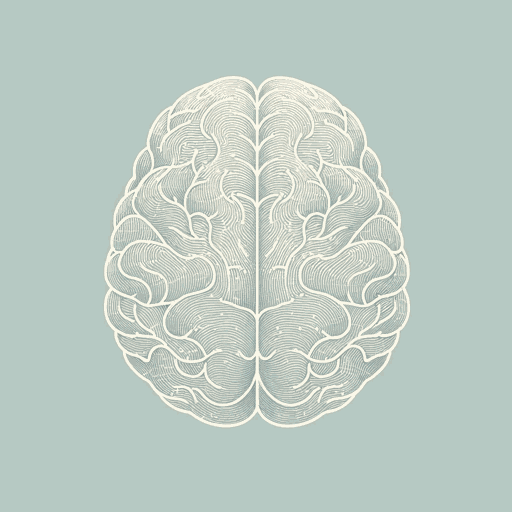63 pages • 2 hours read
Bruce D. Perry, Oprah WinfreyWhat Happened To You?: Conversations on Trauma, Resilience, and Healing
Nonfiction | Book | Adult | Published in 2021A modern alternative to SparkNotes and CliffsNotes, SuperSummary offers high-quality Study Guides with detailed chapter summaries and analysis of major themes, characters, and more.
Important Quotes
“[U]nderstanding how the brain reacts to stress or early trauma helps clarify how what has happened to us in the past shapes who we are, how we behave, and why we do the things we do.”
(Introduction, Page 13)
Winfrey clarifies the book’s underlying message: it endeavors to explain how trauma impacts the brain, and how this, in turn, plays a vital role in shaping who we are. Thus, it becomes important to constantly ask the question “What happened to you,” in trying to understand another person and their actions.
“[S]ince the brain is the part of us that allows us to think, feel, and act, whenever I’m trying to understand someone, I wonder about that person’s brain. Why did they do that? What would make them act that way? Something happened that influenced how their brain works.”
(Chapter 1, Page 23)
Perry, a child psychiatrist, discusses how he approaches his clients. Perry’s training and background is evident here: being a doctor, he has a grounding in biology and science, which leads him to apply this context in making sense of human behavior as well. Perry uses his clinical training and experience to draw understandable connections between biology and behavior throughout the book, particularly in the context of trauma. His expertise also helps explore one of the central themes of the book, The Biological Context of Trauma.
“As your brain starts to create the complex memories that store these connections, your personal catalog of experiences is being created. As we grow up, we are all trying to make sense of what’s happening around us. What does that sound mean? What does it mean when someone rubs my back? What does that expression on his face mean? What else happens when that scent is present?”
(Chapter 2, Page 31)
Perry explains how one’s early experiences and the memories they create can shape one’s entire worldview as they grow. Sensory inputs are the baby’s first window into the world, and as these sensory inputs—sounds, smells, sensations, and so on—are processed, feelings and experiences that are paired with these sensory inputs are registered, too.
Featured Collections
Addiction
View Collection
Family
View Collection
Mental Illness
View Collection
New York Times Best Sellers
View Collection
Psychology
View Collection
Self-Help Books
View Collection
Sexual Harassment & Violence
View Collection
Valentine's Day Reads: The Theme of Love
View Collection


